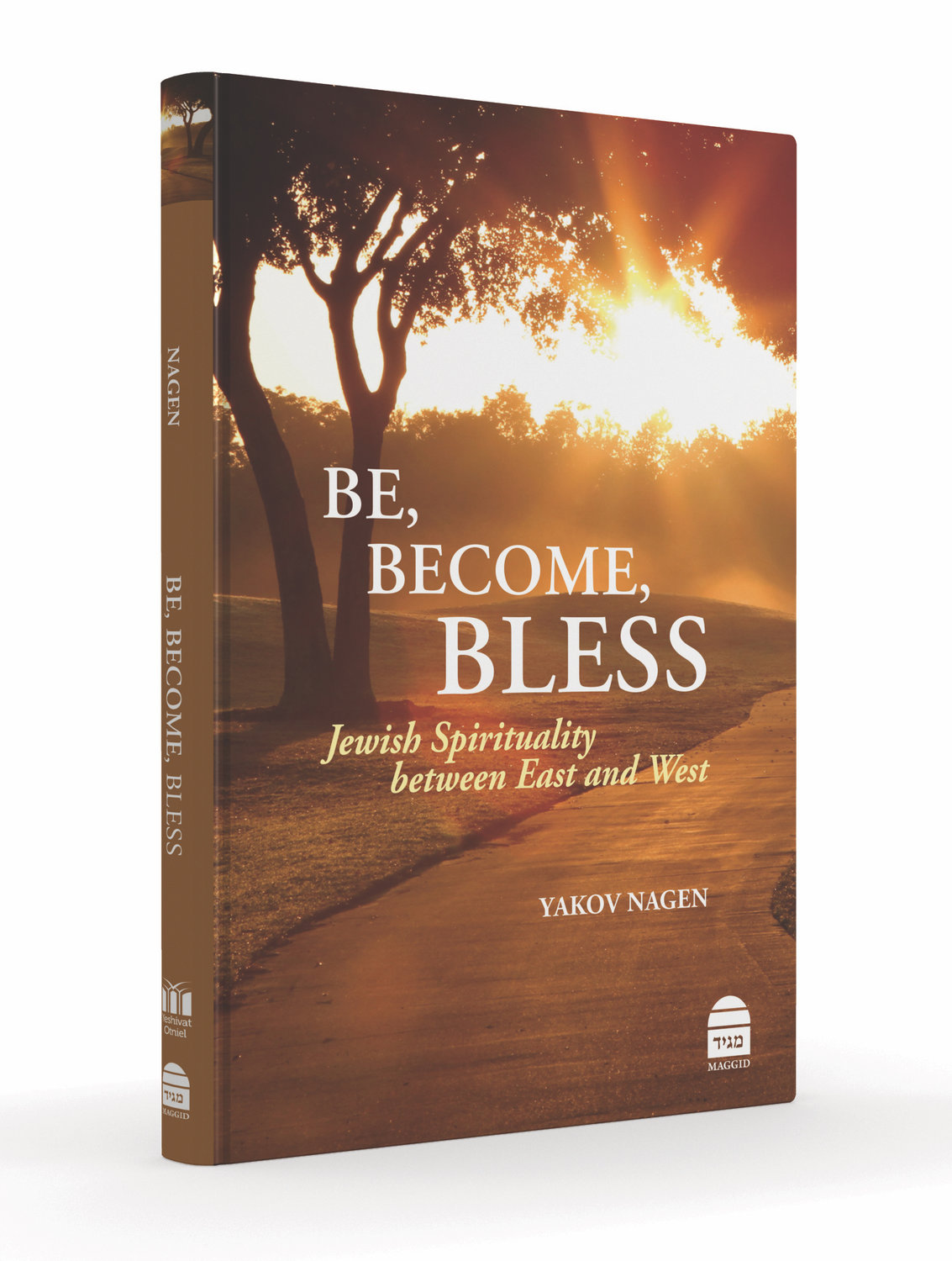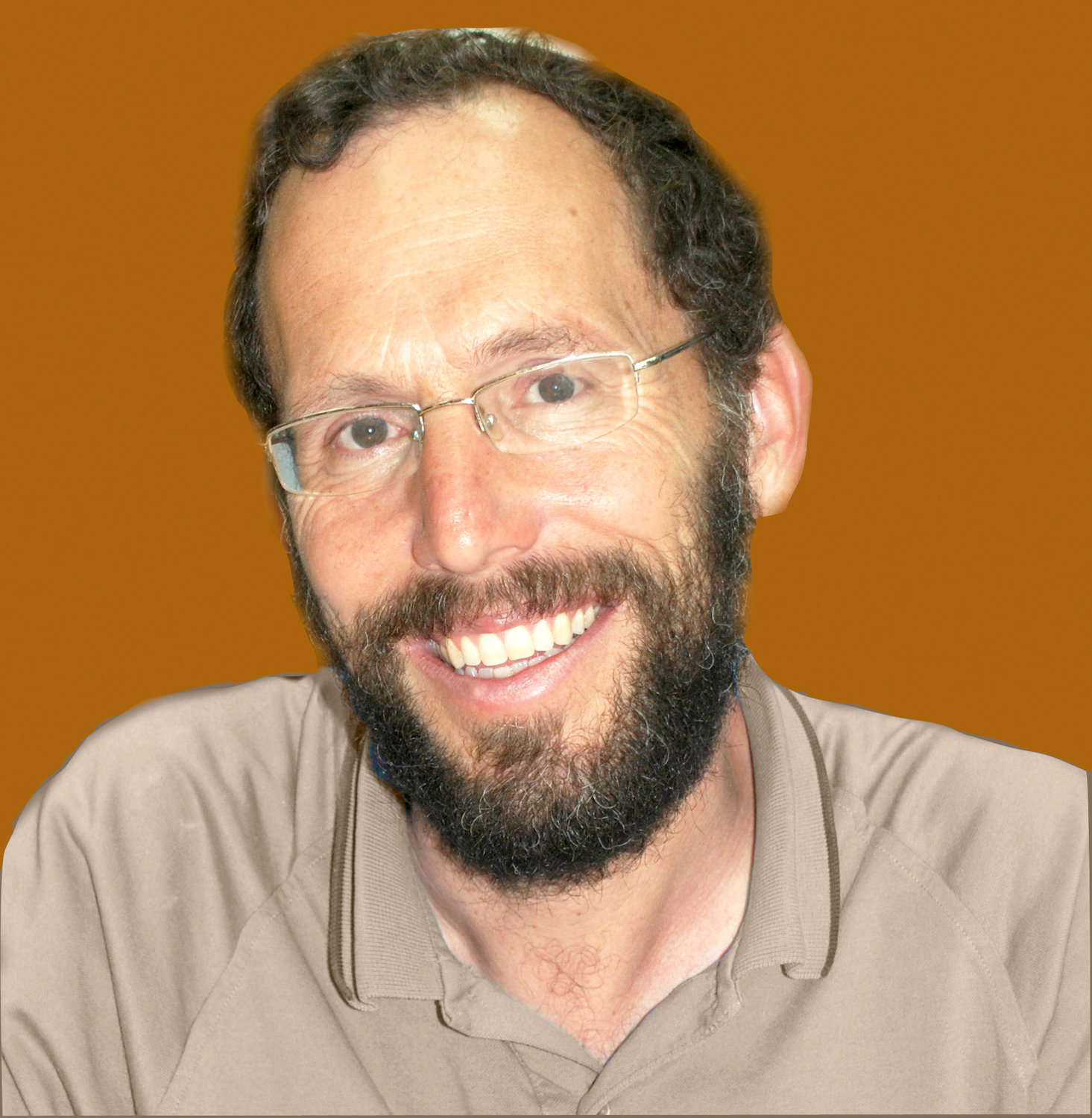Renewing Jewish spirituality in our time
With Rosh Hashana just a few days away the concepts dealing with Jewish spirituality become ever more the major focus of our faith and of its observance. A new book by Rabbi Yakov Nagen was recently brought to my attention, “Be, Become, Bless” (Maggid Books, 2019) dealing with the role of spirituality in our lives.
The author, a former New Yorker now residing in Israel, uses the weekly parasha to demonstrate the proper application of spirituality, unifying “being” and “doing” in a thoughtful and original presentment.
I am pleased to present a sample of his writings, choosing his essay “The Good Urge and the Comfortable Urge,” based on the narrative of the Torah readings from Nitzavim-Vayelech.
May I take this opportunity to extend to you, my dear readers, a healthy, happy and safe new year, for now and for many years to come.
The Good Urge and the Comfortable Urge
By Rabbi Yakov Nagen
The month of Elul, the last of the year, is a time of reflection and repentance. The word Elul — spelled alef-lamed-vav-lamed — is said to be an acronym for the verse “Ani ledodi vedodi li” (“I am my beloved’s, and my beloved is mine,” which teaches us that the first step in any process of repentance has to come from us. Only afterward does God reciprocate.
This is also apparent on a literal level in the verses in Parashat Nitzavim: “And [you] shall return to the Lord your God, and hearken to His voice according to all that I command you this day, you and your children … that then the Lord your God will turn your captivity, and have compassion upon you” (Deut. 30:2-3).
Underlying this call for a person to return to God is the assumption that humans possess free will. The capacity to choose is part of the basic definition of what it means to be a person, which sets us apart from the animals on one hand and the angels on the other. After calling for repentance, the Torah presents the individual with a choice between two options: “See, I have set before you this day life and good, and death and evil.” (30:15)
Before I present one of the foundational insights of my life regarding repentance and choice, I want to tell the story that led me to it.
On December 27, 2002, during a Friday night meal at the Otniel Yeshiva, while students were dancing in the mess room and singing “O give thanks to the Lord, for He is good, for His mercy endures forever” (Ps. 136:1), terrorists stormed the kitchen and murdered four students who were on duty there: Noam Apter, Yehuda Bamberger, Gabriel Hoter, and Zvi Ziemen. The contrast between the words of the song and the horrific attack was excruciating. Yet, at the memorial services, despite their unfathomable pain, the bereaved fathers danced together and sang, “O give thanks to the Lord.” Where did they draw the strength to continue to thank God?
Our Rabbis taught: For two and a half years were the House of Shammai and the House of Hillel in dispute, the former asserting that it were better for man not to have been created than to have been created, and the latter maintaining that it is better for man to have been created than not to have been created. They finally took a vote and decided that it were better for man not to have been created than to have been created. (Eiruvin 13b)
The Talmud’s conclusion seems to cast life in a pessimistic light. But Rabbi Mordechai Yosef Leiner, in his book Mei HaShiloaĥ (Likutim on Eiruvin 13b), offers a more nuanced reading. He notes that in stating it were “better” for a person not to have been created, the Talmud uses a word which connotes comfort or ease, rather than the more standard “tov.”…
Life presents us with challenges every day, and we are constantly forced to choose. Sometimes we are aware of our choices, but more often than not we are unaware of having reached a crossroads and selected a path. … Generally, we are not forced to choose between good and bad, but rather between what is good and what is comfortable. …
There are people who contend in their lifetimes with challenging and extremely painful experiences. They endure such suffering that they feel, in their very bones, that it was better if they had “never been created,” and lose the will to live. But this devastating conclusion does not have to be the end-all. People can pick themselves up and carry on with their lives, impelled by the realization that they must search for the good, for life’s flavor and meaning, thus overcoming the greatest adversity. We must resist the urge to cease being, which is an expression of the “comfort inclination.” In difficult times, we must focus on being active and finding the good, the meaning of life.
A woman whose husband was murdered once told me that in the days after the murder, she was unable to say Modeh Ani, the prayer uttered first thing in the morning, in which we give thanks to God for restoring our souls. She felt that she no longer wanted to live, and was thus incapable of giving thanks for her continued existence. Only later did she understand that the very fact of her survival was a sign that God had chosen her life. That basic insight drove her to search anew for her purpose in the world and to weave meaning into her life.
Some time after the terror attack in the yeshiva, at one of the memorial services, I understood for the first time that the Mei HaShiloaĥ’s idea about what is good and what is comfortable is in fact the story of the attack.
When the terrorists opened fire, the door separating the kitchen from the dining room, mere meters from the dancing students, was immediately shut and locked. That delayed the terrorists and gave the other students time to get their bearings and return fire. All four students who were on kitchen duty were slain, but in the last seconds of their lives they locked the door. In saving the lives of their friends, they chose the good over the easy.

 47.0°,
Fair
47.0°,
Fair 







